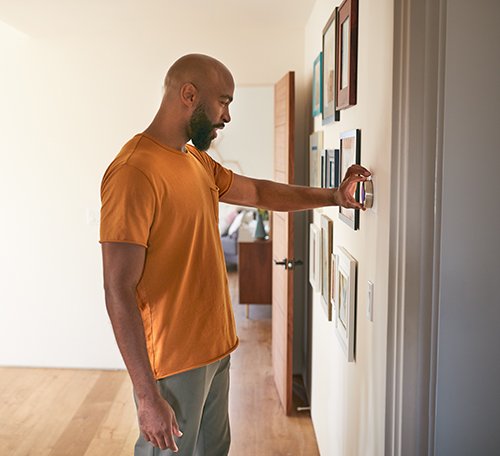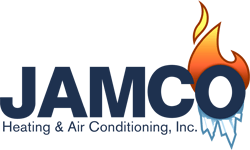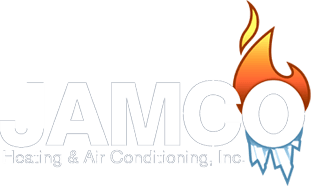What to Do If Your Heater Isn’t Working

A key part of keeping your home comfortable this winter is making sure the heater works as it should. Even with the utmost care and maintenance, though, a heater will sometimes break down or not heat your house adequately. When this happens, knowing what to do is helpful.
1. Ignition Problems
Furnaces that won’t start or turn off for no apparent reason are common symptoms of a defective igniter or an issue with the gas supply. A professional technician can safely diagnose and fix ignition difficulties, so it’s better to seek their advice if you suspect one is happening. Don’t jeopardize your safety by trying to fix gas-related components on your own.
2. Inadequate Heating
Insufficient heating, which occurs when the furnace turns on but doesn’t adequately heat the house, is another common problem. There are a number of potential causes for this, such as an improperly sized unit, dirty air filters, or clogged ducts. One way to fix this is to inspect the air filter and change it out if it’s dirty. If this doesn’t fix the problem, then you’ll need to have an expert check the unit’s capacity and airflow to make sure it can handle your heating demands.
3. Strange Noises
Ignoring weird noises can lead to major damage to the heater and indoor discomfort due to little or no heat when you need it most. Noises like banging, rattling, or squeaking could indicate problems with the blower, a broken motor, or loose parts. For your heating system to work safely and effectively, it’s best to have an expert inspect it and determine where the noise is coming from.
4. Dirty Filters
Clogged filters limit airflow, which puts more strain on the furnace and increases the risk of overheating. They also reduce the efficiency of your heating system, leading to higher energy bills, and may even cause the unit to fail sooner rather than later. Most experts recommend swapping out dirty filters with clean ones at least once every one to three months to keep problems to a minimum.
5. Pilot Light Issues
Gas furnaces must have a pilot light that works correctly. Problems with the thermocouple, air drafts, and a dirty pilot light orifice are common causes of pilot light outages. If you notice that the pilot light is out, make sure there are no drafts and that the area surrounding the furnace is free of obstructions. If the problem persists, contact an expert to check the system and relight the pilot light.
6. Thermostat Malfunctions
When a thermostat isn’t functioning correctly, it can lead to inaccurate temperature readings, which can create uncomfortable indoor spaces. It can also result in inefficient heating cycles, adding lots of wear and tear to the heater and causing your energy bills to skyrocket. If you verify the thermostat’s settings and the issue persists, try swapping out the batteries with new ones. If this doesn’t fix the problem, then call a pro.
7. Air Duct Problems
Problems with your house’s ductwork will greatly impact heater performance. Some of the most common problems that happen with ductwork include air leaks from holes and inadequate insulation. This can translate into hot and cold spots throughout the home as well as excessive dust buildup. Having your ductwork inspected every two to three years is one of the smartest moves you can make as a homeowner. An expert can check the ducts for leaks and provide recommendations on how to fix or upgrade the duct system so that it uses heating energy more efficiently.
8. Short Cycling
The typical duration of a heating cycle is 15 to 20 minutes, which is sufficient time for the system to adequately heat your house. Short cycling causes the unit to only run for a few minutes before turning off, which can result in inadequate heating, greater unit wear and tear, and higher energy expenses. Some of the most common reasons for short cycling are thermostat issues, oversized equipment, and clogged filters. If checking the thermostat and changing the air filter doesn’t fix the problem, you’ll need to contact a professional.
9. Frequent Cycling
Frequent cycling occurs when the heater or furnace cycles on and off more frequently than normal — and not always for brief intervals. As a result, the system may still function for an acceptable duration, but it will be operating more frequently than usual. The same kinds of problems that produce short cycling can also cause frequent cycling. If the issue persists after you’ve checked the thermostat and changed the air filter, it’s best to let an expert figure out what’s wrong.
JAMCO Heating & Air Conditioning is here to make sure your heater works as it should and that you stay warm and comfortable all winter. We also specialize in AC installations, ductless HVAC units, and commercial HVAC systems. We even offer a maintenance agreement. Call us today to schedule a furnace repair for your home in Deptford, NJ.

